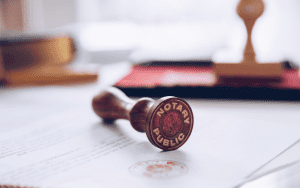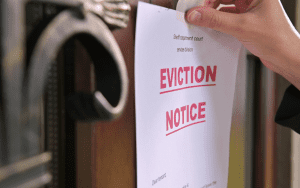The court may grant an order that one party should pay the other party spousal maintenance during and after divorce proceedings. Whether a spouse is entitled to receive spousal maintenance rests in the hands of the court and is regulated by section 7 of the Divorce Act 70 of 1979.
The parties can opt to settle the matter of spousal maintenance in a settlement agreement and make this an order of the court. Section 7(1) of the Divorce Act provides that a court granting a decree of divorce may grant an order of payment of maintenance in accordance with a written agreement.
In the case where no agreement has been reached between the parties, the court may grant a spousal maintenance order in favour of a party to the divorce proceedings, considering all the relevant factors.
Section 7(2) states that a court should consider the following factors when considering an order of spousal maintenance:
- The existing or prospective means of each of the parties;
- Their respective earning capacities;
- Financial needs and obligations;
- The age of each of the parties;
- The duration of the marriage;
- The standard of living of the parties prior to the divorce;
- Their conduct in so far as it may be relevant to the break-down of the marriage;
- An order in terms of subsection (3); and
- Any other factor which in the opinion of the court should be taken into account.
Upon consideration of the factors of section 7(2) the court will make an order which is just in respect of the payment of maintenance by the one party to the other for any period until the death or remarriage of the party in whose favour the order is given, whichever event may first occur.
When one spouse is dependent on the other, he/she is likely to be successful with a spousal maintenance order in his/her favour having due regard to the above-mentioned factors.
The Supreme Court of Appeal held in EH v SH 2012 (4) SA 164 (SCA) that it would only be just for a maintenance order to be issued by a court where a party applying for the relief can establish a need to be supported by the other spouse.
A spouse who is dependent on the other spouse also has the option to apply for interim spousal maintenance in accordance with rule 58 in the Magistrate’s Court and rule 43 in the High Court. Interim spousal maintenance is relief granted on application by the respective court while the divorce proceedings are still pending. This remedy is available to a dependent spouse since the duration of divorce matters has the potential to be lengthy.
It is worthy of note that the matrimonial property regime (in community of property, out of community of property including the accrual system, or out of community of property excluding the accrual system) the parties have entered into may be a factor that the court could consider but does not automatically include or exclude a party to be entitled to spousal maintenance.
The court will thus only grant an order for spousal maintenance when one spouse is dependent on the other and a need for maintenance can be established having due regard to the relevant factors of section 7(2).
Reference List:
- Divorce Act 70 of 1979
- EH v SH 2012 (4) SA 164 (SCA)
This article is a general information sheet and should not be used or relied on as legal or other professional advice. No liability can be accepted for any errors or omissions nor for any loss or damage arising from reliance upon any information herein. Always contact your legal adviser for specific and detailed advice. Errors and omissions excepted (E&OE)
















